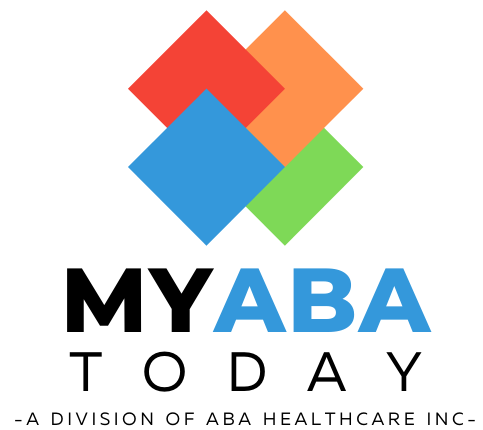We all want our kids to thrive in school. Unfortunately, many kids struggle to keep up with their classmates or find it difficult to find the motivation to learn. Below are some signs that your child may need extra educational support – and the types of support you can look into.
What are some signs your child needs extra educational support?
They are getting poor grades
Even in elementary schools, kids are regularly tested on things like spelling and math. If your child is consistently getting poor grades, it could be time to consider extra support to help boost their scores.
Teachers are expressing concern
If teachers are expressing concern about your child’s ability at school, this is another sign that extra support may be necessary. Schools can provide this support, but may need the green light from you – which means accepting that there is a problem.
Your child is visibly struggling with homework
Homework can be a window into how well your child is coping at school. If homework is making them visibly distressed or exhausted, they could be experiencing the same feelings in class. Some kids may be still meeting grades and performing well, but this shouldn’t come at the expense of stress and tiredness.
Your child has a diagnosed learning disability
Many disabilities are considered ‘learning disabilities’ including dyslexia, dyscalculia, AD/HD and Down’s syndrome. If your child has one of these conditions, they may be entitled to extra educational support. Even disabilities like autism – which are not considered a ‘learning difficulty’ – can still entitle your child to help at school if you think they are struggling.
What kind of support can you offer your child?
There are many ways you can provide extra support for your child at school…
Express your concerns with the school
By talking to a teacher or senior member of the school, it may be possible to introduce extra measures to help with learning including extra classes or having a learning support assistant in the class. Teachers can also focus more on your child and adapt their way of teaching if necessary.
Consider testing for disabilities
An undiagnosed learning disability could be causing poor grades and slow learning. Consider talking to the school and their doctor about getting them assessed. A diagnosed disability could make you eligible for a variety of disability services – including free extra help or funding to help with education.
Hire a tutor to provide extra educational support out of school
You can hire tutors who can provide extra support at home with homework or help go over certain subjects that your child may be struggling with at school. Just be wary that not all kids will react well to extra education on top of existing schooling.
Consider moving them to a new school
It’s possible that the school could be the problem. Some schools could be better equipped to deal with children who have learning difficulties. Others may simply get better grades and have better quality teaching.
Make sure no lifestyle factors or trauma is affecting their learning
There are many other factors that can affect children’s concentration. Lack of sleep, bullying, family issues (such as parents recently breaking up) or other health problems (including physical and health problems) could be affecting their learning. Make sure to address these problems. In the meantime, extra education support combined with support like therapy may help.
Conclusion
There are many signs your child could require extra educational support. By talking to their peers and talking to your child, you can work out the root cause of the problem and find the best way to provide support.
Photo by Yan Krukau










